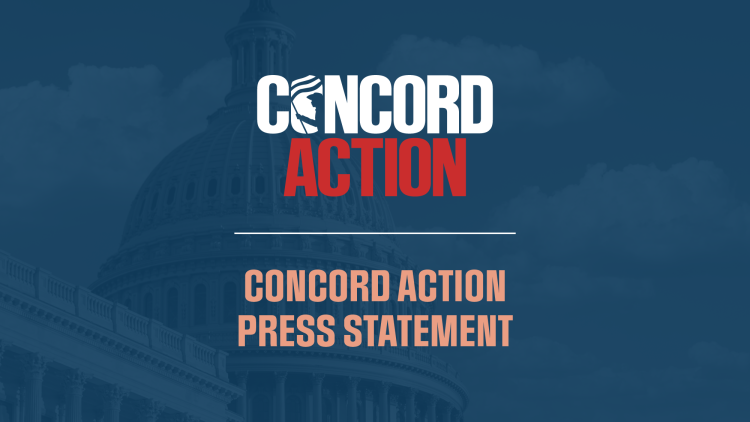Washington could avoid the year-end “fiscal cliff” by substituting a better approach to long-term budget reform based on the recommendations of two bipartisan panels, according to a Washington Post op-ed this week by two former senators: Sam Nunn, co-chair of The Concord Coalition, and Pete Domenici, a senior fellow at the Bipartisan Policy Center (BPC).
They said the National Commission on Fiscal Responsibility and Reform (Simpson-Bowles) offers a “thoughtful, comprehensive plan” to stabilize the federal debt over the next decade. The op-ed noted that the BPC’s Debt Reduction Task Force, headed by Domenici and Alice Rivlin, reached similar conclusions.
“The policies embedded in the fiscal cliff were never intended to be a rational deficit-reduction plan,” Nunn and Domenici wrote. “They are a default position designed — like a suicide pact — to force reluctant policymakers to make hard choices. So far, that has not worked.”
Some sort of “grand bargain” with spending cuts as well as higher revenue — in the same legislative package — will eventually be needed. “In the meantime,” Nunn and Domenici say, “quick action is also necessary to establish a more rational default position, one that may not be anyone’s ideal but that both Republicans and Democrats can live with unless and until a grand bargain is reached.”
Their op-ed points out that in recent forums presented by the “Strengthening of America – Our Children’s Future” initiative, former federal officials with a wide variety of backgrounds and perspectives expressed support for using the Simpson-Bowles and Domenici-Rivlin proposals as the basis for a major deficit-reduction deal between the two parties.
External links:
Strengthening of America — Summary
Strengthening of America – Links to Videos of Forum Programs
Continue Reading











